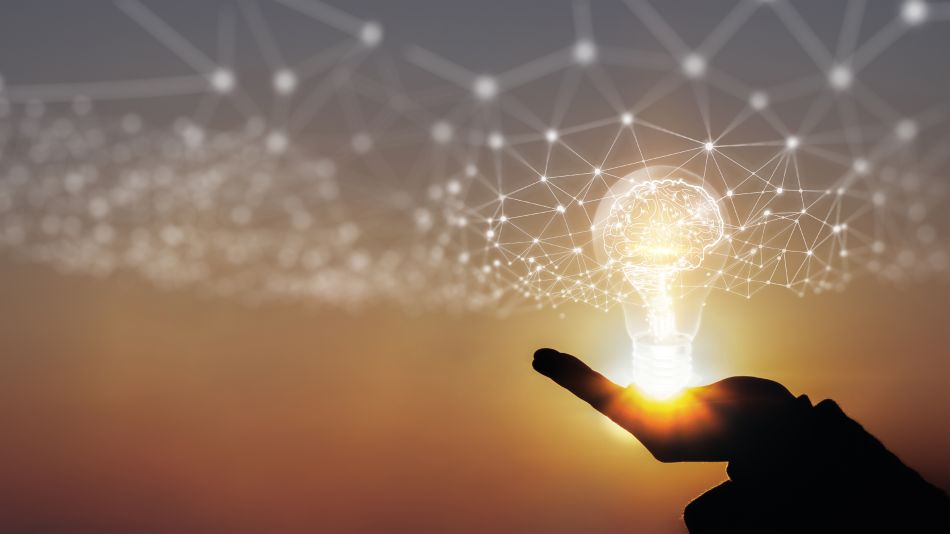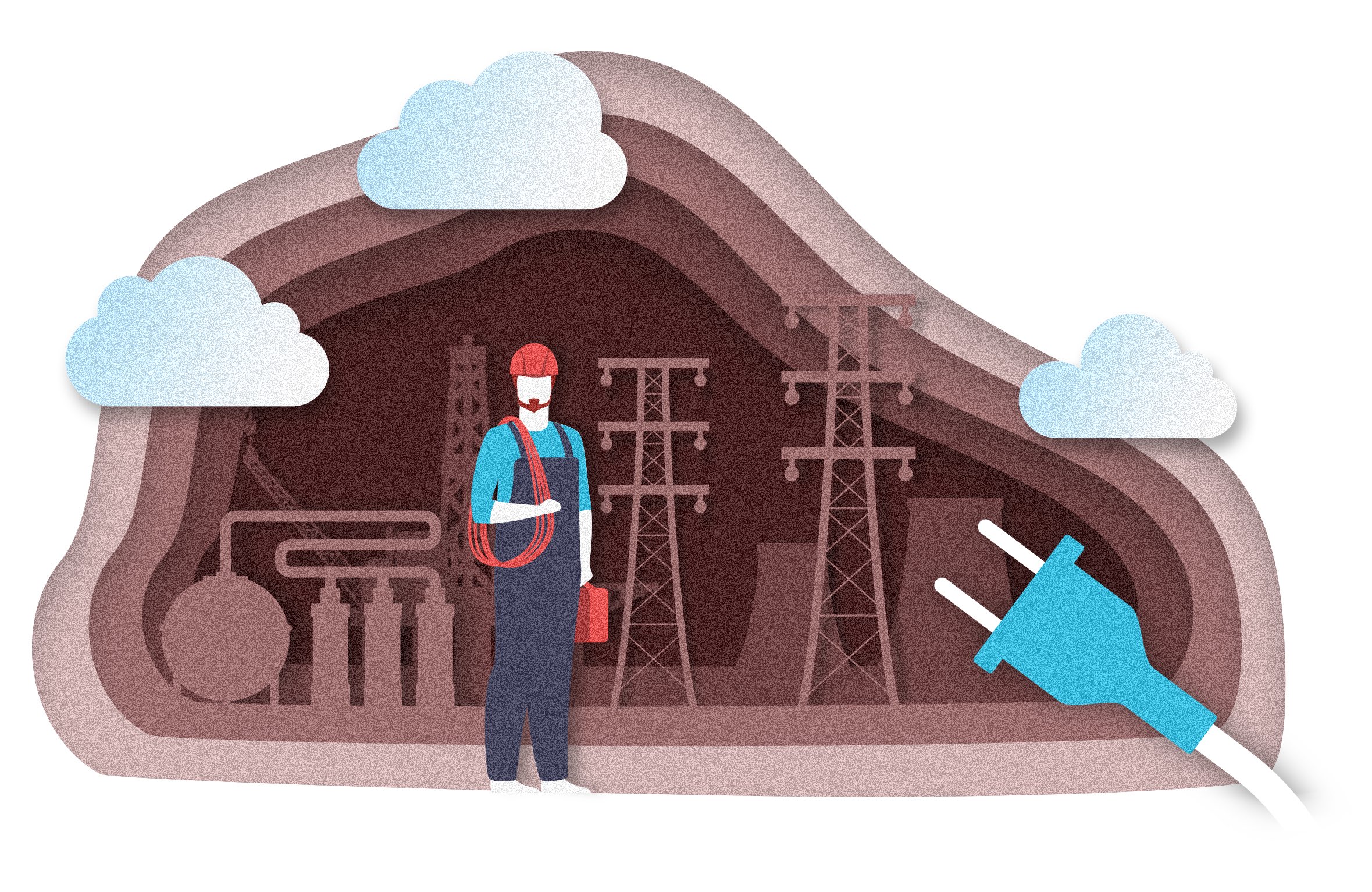"All Tech Is Human" Webinar Discusses the Intersection of Big Tech, Power, & Diplomacy
"All Tech Is Human" Webinar Discusses the Intersection of Big Tech, Power, & Diplomacy
Big tech companies wield significant global power and their decisions have the potential to affect billions of people across the world. This has necessitated the emergence of a new kind of diplomacy. Dubbed “techplomacy,” it focuses on the geopolitical and geo-economic shifts that have occurred as a result of big tech’s increasingly multifaceted interests. “Techplomacy” was the focus of a recent webinar hosted by All Tech Is Human, entitled "Big Tech, Power, & Diplomacy." This webinar featured Rana Sarkar, Consul General of Canada in San Francisco, Silicon Valley, and Hawaii, and Alexis Wichowski, Deputy Chief Technology Officer for Innovation for the City of New York and author of The Information Trade: How Big Tech Conquers Countries, Challenges Our Rights, and Transforms Our World.
Wichowski set the stage, arguing that in terms of their power, capital, and user base, big tech companies have more similarities to governments than companies traditionally do. This provides them with a level of power that is not granted to smaller or less influential companies. Wichowski used Facebook as an example, citing one of its most recent projects: a massive subsea cable that will be built around Africa in order to boost internet access. The cable will connect more than 20 countries in Africa, the Middle East, and Europe, and is estimated to cost Facebook $1 billion. Wichowski noted that projects like this—focused on infrastructure—are outside of the usual realm of tech companies’ influence. Big tech’s growing interest in investing in other industries led Wichowski to coin the term “net states” as a way to distinguish these tech empires from traditional companies and liken them more to nation-states.
Sarkar echoed Wichowski’s comments, noting that nation-states themselves will have to reckon with these emerging “net states” and work with them to determine their roles and responsibilities. As a self-labeled “tech ambassador,” Sarkar works to build diplomatic relations between governments and the tech community as well as foster cross-literacy within governments themselves. One of the major geo-economic changes that Sarkar noted is a shift to using information as a primary trading variable, something that requires developing a new set of institutions and partnerships. When asked for an example, Sarkar cited the recently launched Global Partnership on Artificial Intelligence (GPAI). GPAI is an international initiative created by France and Canada and supported by 12 other countries, including the United States. The initiative seeks to bring together experts from industry, civil society, governments, and the academic world to guide responsible development and use of artificial intelligence in “a spirit of respect for human rights, inclusion, diversity, innovation, and economic growth.”
Both Wichowski and Sarkar expressed optimism about the future of “techplomacy.” Sarkar noted that the idea of pro-human technology has gathered pace and that the creation of the GPAI is a step in the right direction. Wichowski emphasized the need for more “tech ambassador” positions like Sarkar’s and predicted that, in future, tech companies will hire diplomats and include a diplomatic corps as part of their internal structure.
Learn more about the Global Partnership on Artificial Intelligence (GPAI).
Watch the full webinar from All Tech Is Human.



